That is according to the "Electric Vehicle (EV) Charging Infrastructure Market Size, Share, & Trends Analysis Report By Charger Type, By Connector, By Level Of Charging, By Connectivity, By Application, By Region, And Segment Forecasts, 2023 - 2030" report which has been added to Research And Markets offering.
The growing demand for electric vehicles is driving the demand for sufficient charging infrastructure, thereby driving the market's growth. Various EV manufacturers such as Volvo, Kia Motors, Mercedes-Benz, and Ford, among others, are collaborating with charging infrastructure providers for easy availability of charging stations.
Furthermore, various companies are working towards upgrading EV supply equipment (EVSE) to make them more convenient for long-distance travel. Some of the electric vehicle manufacturers such as Tesla and Nissan are focusing on providing compatibility for their electric vehicles for public charging networks.
The significant market growth is primarily due to the growing initiatives undertaken by both public as well as private sectors to encourage the population to switch to EVs. These initiatives have promoted the sale of electric vehicles and have also spread awareness among consumers about the benefits of using these vehicles. As a result, the demand for EV charging infrastructure is expected to grow significantly.
For instance, in the US the Washington State Department of Transportation has partnered with the Oregon Department of Transportation to construct the West Coast Electric Highway (WCEH) which consists of 57 electric vehicle charging stations across Oregon and Washington. Similarly, several governments are jointly developing intra-continental networks of highway charging stations.
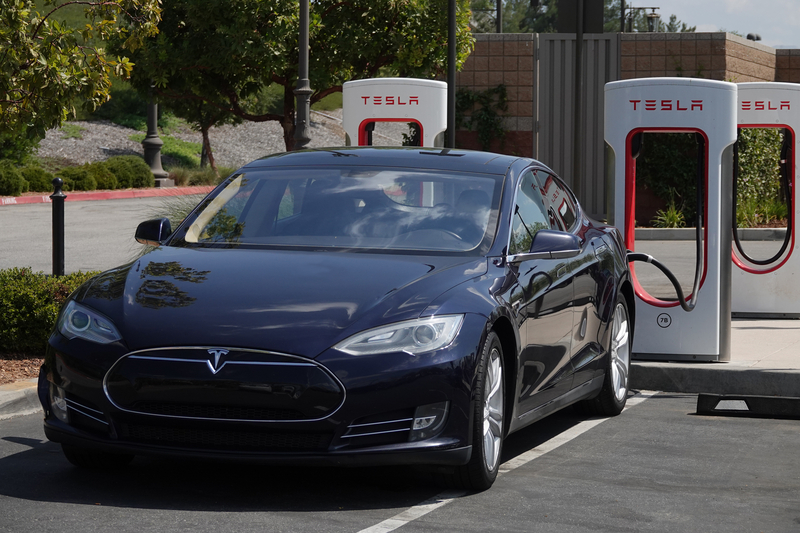
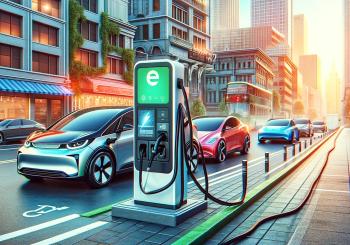
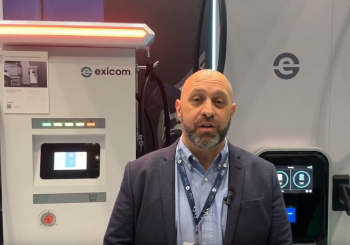
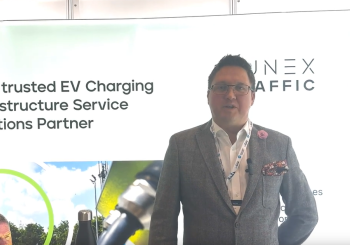
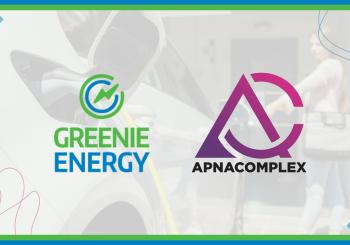
Follow Us On Social Media